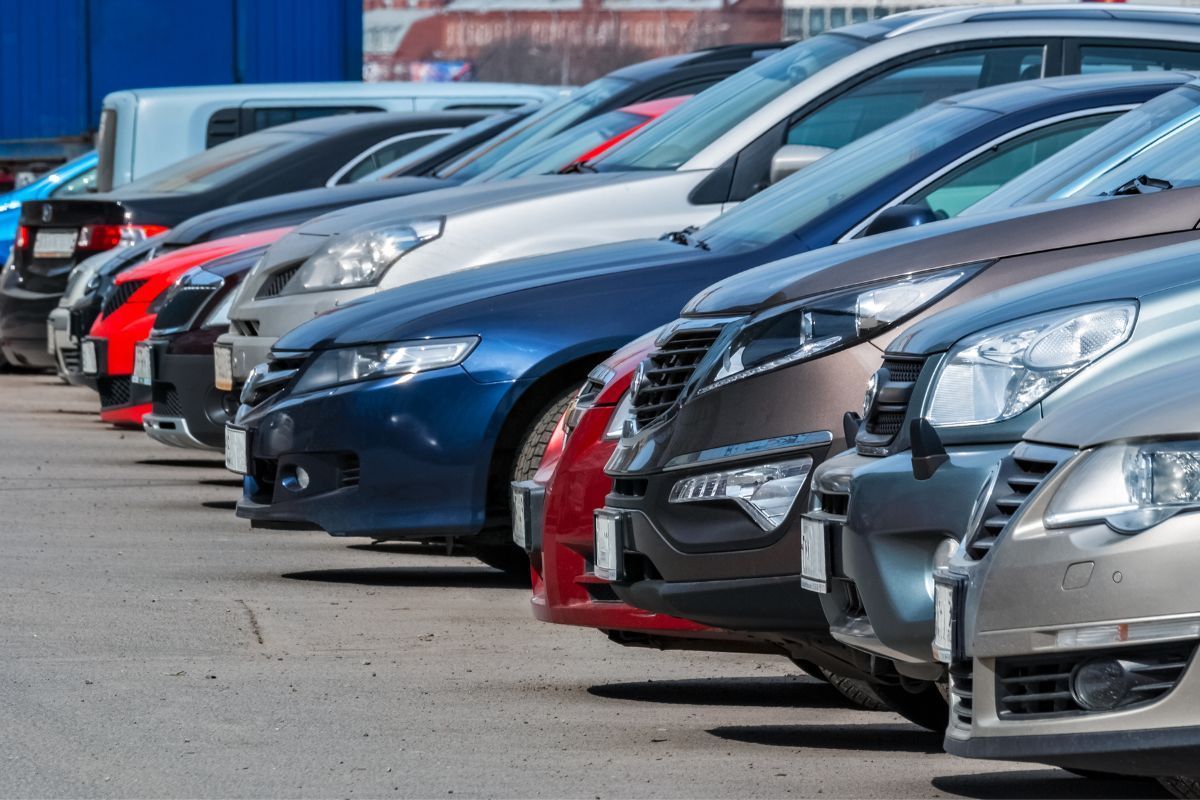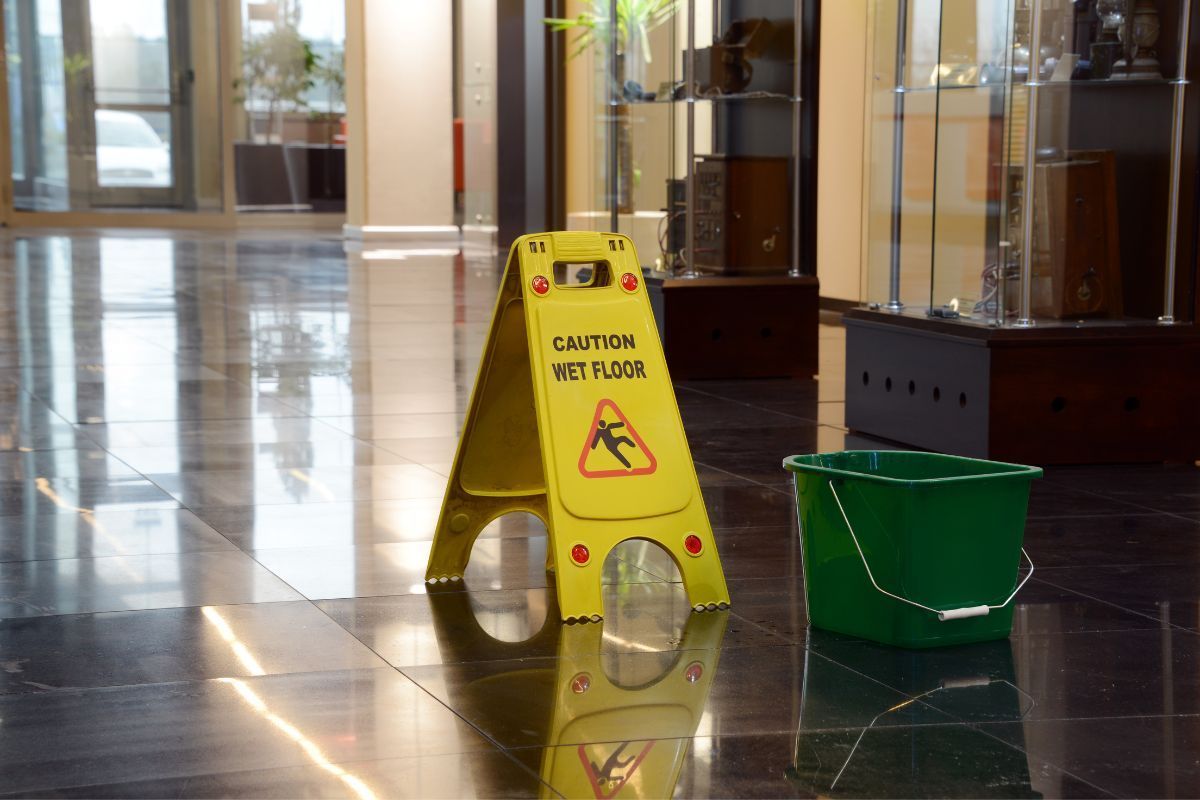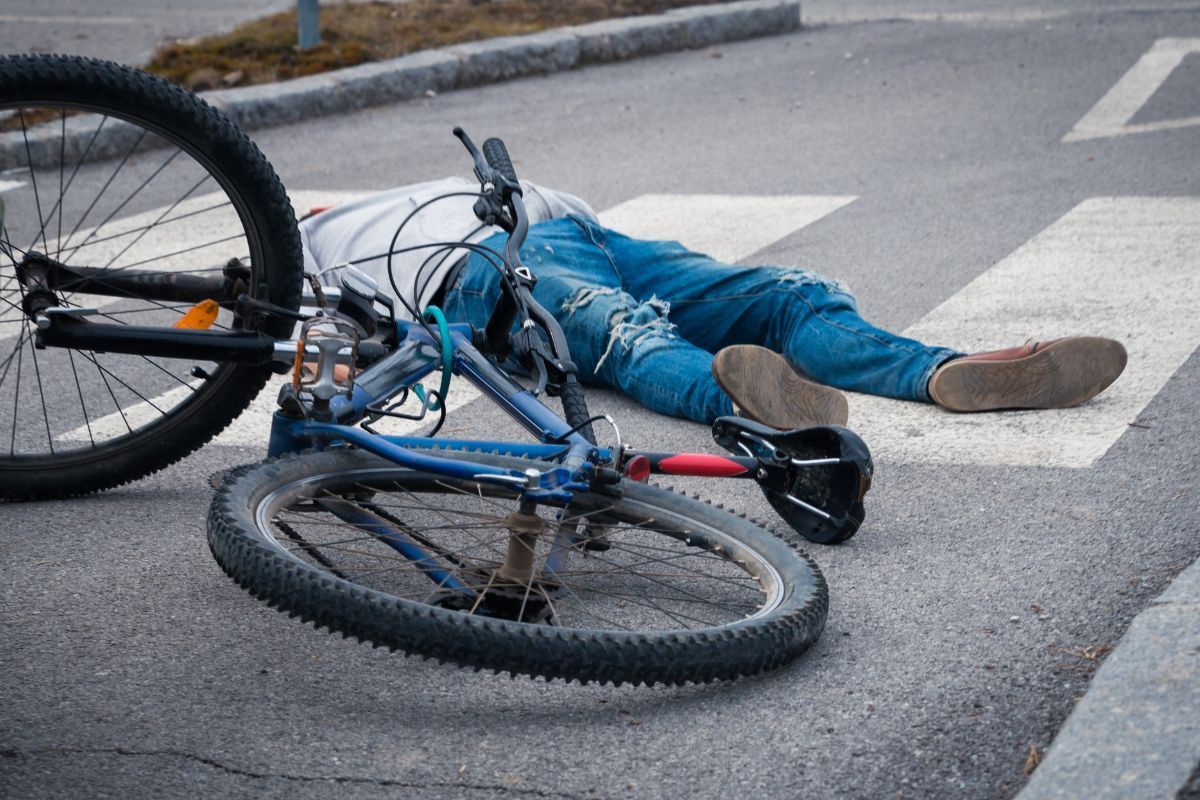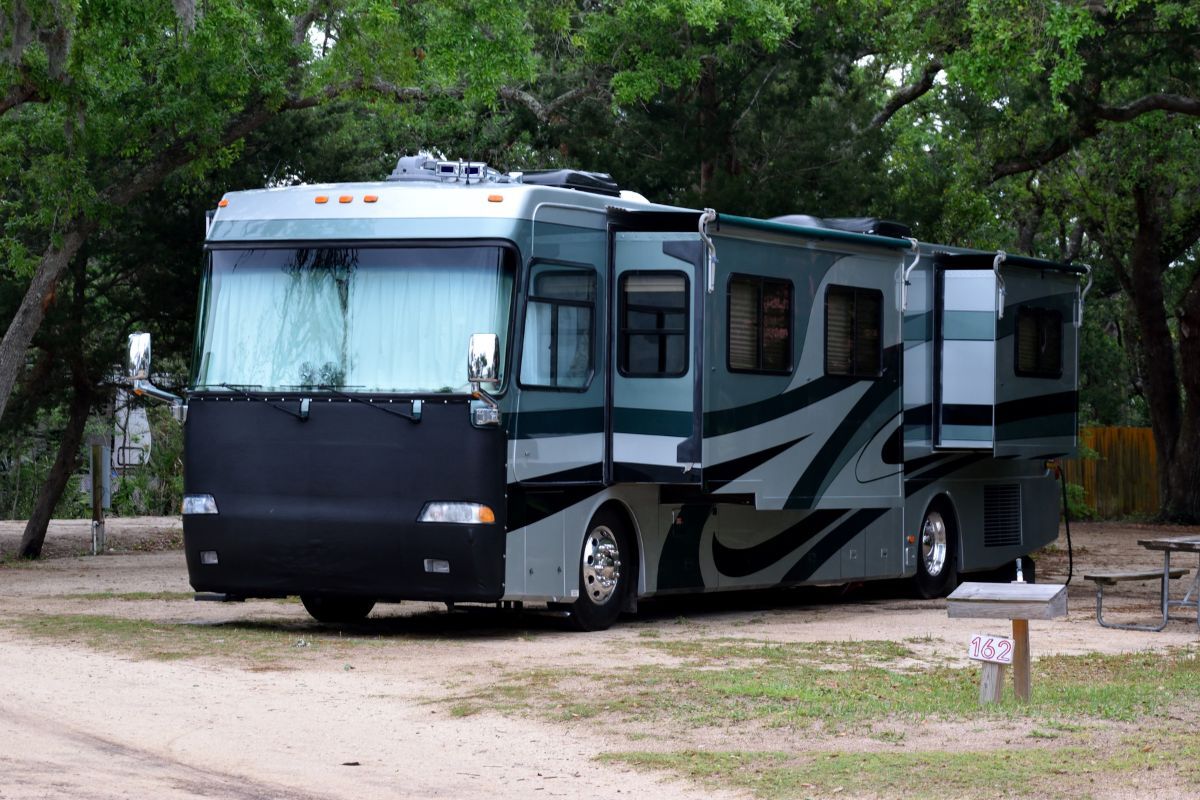Unraveling the Mystery: Do Traffic Cameras Record in Charlotte County, Florida?
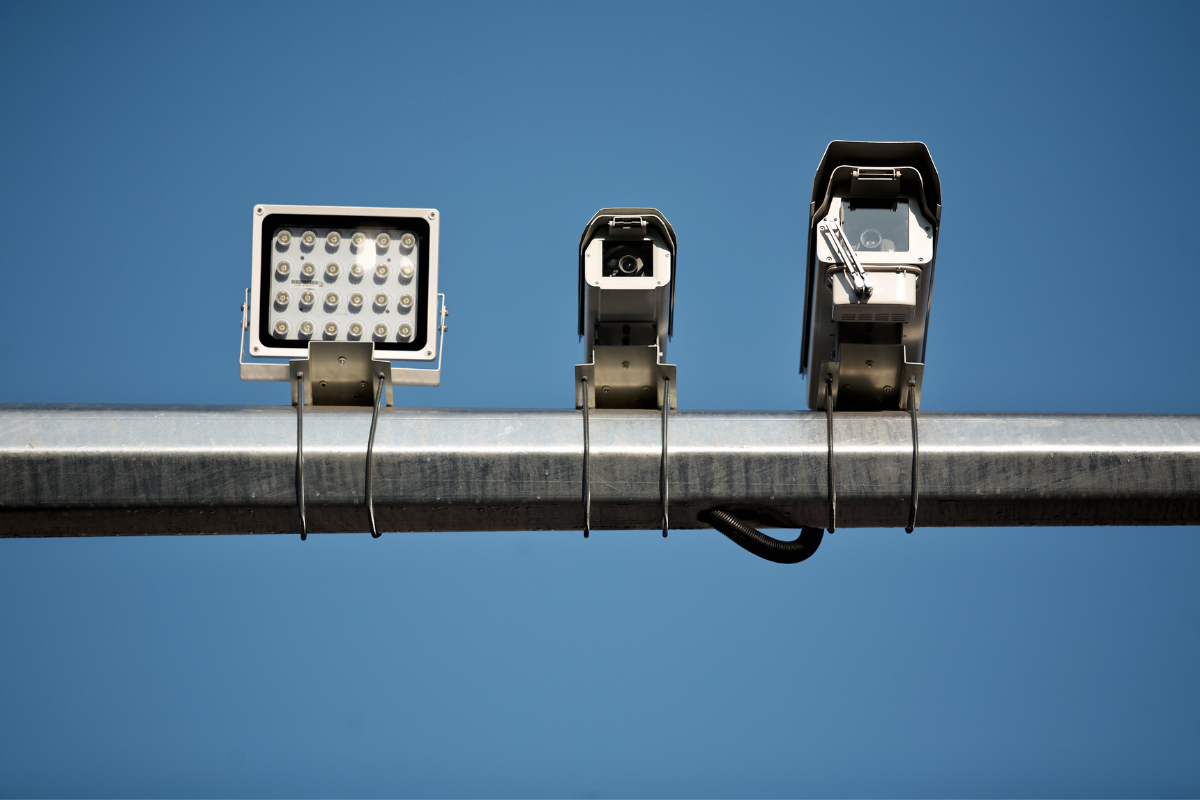
In the picturesque landscapes of Charlotte County, where our roads beckon locals and visitors alike to explore the splendor within, the question of road safety invariably arises, especially after a car accident. When versions of events clash, and the truth seems as elusive as the horizon at dusk, many of our neighbors find themselves pondering: Do traffic cameras record in Charlotte County, Florida?
At Goldman, Tiseo & Sturges, P.A., deeply embedded in the heart of Charlotte County's community, we understand the critical importance of uncovering factual evidence to support your claim. Below, we delve into the nuances of traffic camera recordings, offering clarity on when, what, and how they record, as well as their pivotal role in accident claims.
Types of Traffic Cameras in Charlotte County
Much like the vigilant eyes of a lighthouse guiding ships safely to shore, our traffic cameras stand as sentinels over our roads. Here are the four main types you might encounter on your journeys:
- Red light cameras: Strategically placed at intersections, these cameras monitor for red light violations, capturing images or short videos of the offense to facilitate ticketing.
- Speed cameras: Designed to detect speed violations, these cameras, whether perched on poles or deployed in mobile units, record brief footage to identify and ticket speedsters.
- Traffic sensor cameras: Mounted atop traffic signals or poles, these cameras serve as the overseers of traffic flow, focusing on optimizing traffic light timings rather than recording incidents.
Navigating the Limitations
Understanding that traffic cameras do, indeed, record at times, we must also sail through the sea of limitations that may affect their utility in bolstering accident claims:
- Snapshots in Time: Most cameras only capture fleeting moments (typically, 12-second clips), which may miss the prelude to an accident.
- Narrow Gaze: Aimed primarily at capturing license plates, the field of vision of traffic cameras may not encompass the broader scenario of the accident, potentially omitting crucial contextual details.
- Ephemeral Evidence: In the wind like the leaves of autumn, video footage may only be stored for a brief period, emphasizing the importance of acting swiftly after an accident.
- Quest for Access: The treasure hunt to obtain footage can be daunting, as cameras may be owned by various entities, from individuals to the government, making it essential to know where to direct your efforts.
The Value of Traffic Camera Recordings in Advocating for Accident Victims
Despite their inherent limitations, traffic cameras can shine a light of undeniable truth onto the series of events that unfolded, highlighting:
- Traffic Violations: Evidence of transgressions such as speeding or running a red light from these cameras can decisively influence the establishment of fault.
- Visual Testimony: The power of visual evidence cannot be understated, offering a compelling narrative that can sway negotiations and court opinions.
- Deciphering the Unseen: For those involved in an accident, the sequence of events may be a blur; traffic camera footage can provide a clearer picture of what transpired.
Navigating Your Journey to Justice
Faced with the aftermath of a traffic incident in Charlotte County and wondering about the capturing capabilities of traffic cameras? Let Goldman, Tiseo & Sturges, P.A. illuminate the path ahead. Our deep-rooted connection to this community and its legal landscape positions us uniquely to assist you in unraveling the evidence necessary for your claim.
If the road you travel seems fraught with uncertainty, remember, you're not journeying alone. Contact Goldman, Tiseo & Sturges, P.A. to anchor your trust in a team that navigates with precision, compassion, and a relentless pursuit of justice in Charlotte County and beyond.
Share This Post:
